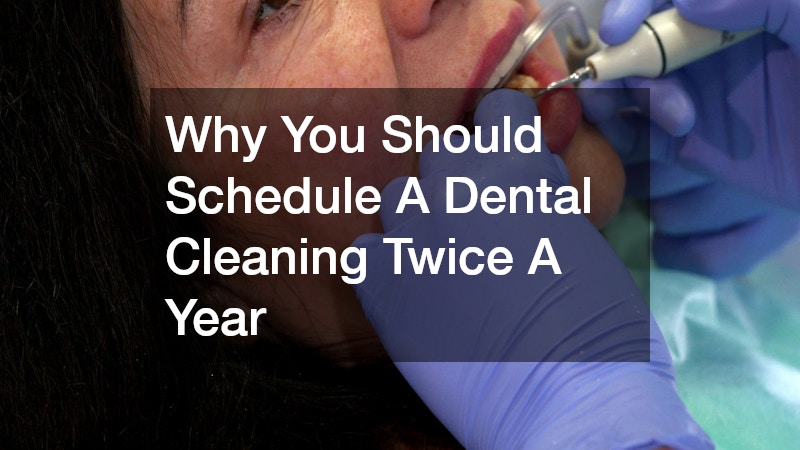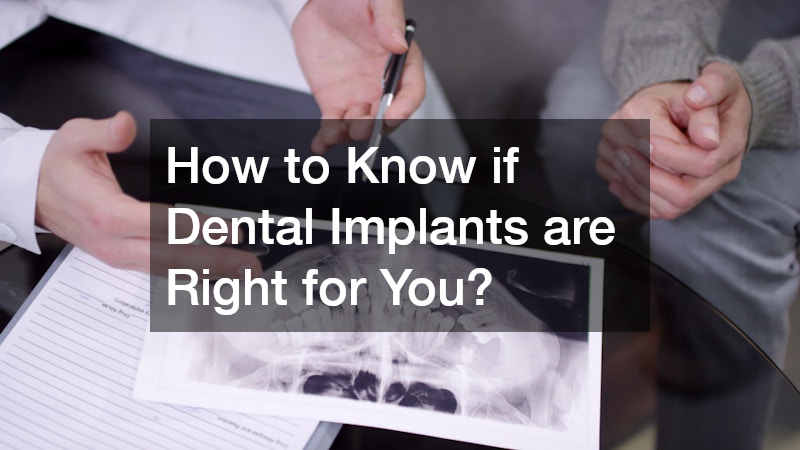
Why You Should Schedule a Dental Cleaning Twice a Year
Maintaining good oral health is essential to your overall well-being, and regular dental cleanings play a vital role in keeping your mouth healthy. While daily brushing and flossing are important, professional cleanings help address the buildup of plaque, tartar, and bacteria that home care alone can’t reach.
Scheduling dental cleanings twice a year ensures your smile stays bright, your gums stay healthy, and potential oral health issues are caught early.
Benefits of Regular Dental Cleanings
Routine dental cleanings offer more than just a fresh feeling. They’re a preventive step toward long-term oral health and a crucial part of your health overall. Learn more about the benefits of scheduling dental cleanings.
Preventing Gum Disease
Plaque buildup along the gumline can lead to inflammation and infection, eventually resulting in gum disease. Regular cleanings remove plaque and tartar before they cause permanent damage, helping you avoid issues like bleeding gums and bone loss.
Early Detection of Oral Health Issues
During your cleaning, your dentist examines your teeth, gums, and mouth for early signs of decay, cavities, and even oral cancer. Identifying these problems early can prevent more serious complications later.
Maintaining a Brighter Smile
Everyday habits like drinking coffee, tea, or wine can stain your teeth. A professional cleaning helps remove surface stains and leaves your smile looking brighter and more polished.
Preventing Bad Breath
Persistent bad breath often results from bacteria and food particles trapped in your mouth. Regular cleanings eliminate these odor-causing agents and promote a fresher, cleaner mouth.
Enhancing Overall Health
Your oral health is closely connected to your overall health. Studies have shown links between gum disease and conditions like heart disease and diabetes. Regular dental visits contribute to better total-body wellness.
How Often Should You Schedule a Dental Cleaning?
The general recommendation is to visit your dentist twice a year, or every six months, but this can vary depending on your individual needs.
Understanding the Twice-a-Year Recommendation
This schedule allows your dentist to detect and treat minor issues before they progress into major concerns. It also ensures your teeth remain free of heavy plaque buildup.
Factors That Might Require More Frequent Visits
People with gum disease, diabetes, or weakened immune systems may need cleanings more often. Smokers and individuals with a high risk of cavities can also benefit from additional visits.
Personalizing Your Dental Cleaning Schedule
Your dentist can help determine a schedule that fits your unique oral health needs. Some patients may only need two visits a year, while others require more regular maintenance.
The Importance of Regular Check-Ups
Dental cleanings often coincide with comprehensive exams, allowing your dentist to monitor changes and address concerns before they worsen.
Consulting Your Dentist for a Suitable Plan
Every mouth is different. Work with your dental professional to develop a personalized cleaning plan that supports your long-term oral health goals.
What Happens During a Dental Cleaning Session?
Understanding the cleaning process can help you feel more comfortable and confident about your visit.
Initial Examination
A dental hygienist begins by inspecting your mouth to check for any obvious signs of inflammation, decay, or other issues.
Removal of Plaque and Tartar
Using specialized tools, your hygienist carefully removes plaque and hardened tartar deposits that can’t be brushed away at home.
Teeth Polishing
After cleaning, your teeth are polished with a gritty toothpaste to smooth the enamel and make it harder for plaque to stick.
Fluoride Treatment
A fluoride rinse or gel may be applied to strengthen your enamel and protect against future cavities.
Post-Cleaning Routines
Your hygienist might provide personalized tips for brushing, flossing, and maintaining a healthy mouth between visits.
Potential Risks of Skipping Dental Cleanings
Neglecting regular cleanings can lead to serious dental and health consequences.
Increased Risk of Cavities
Plaque left untreated eventually erodes tooth enamel, leading to painful and costly cavities. When it comes to cavities (and your oral health in general) prevention is the best medicine.
Progression of Gum Disease
Early gum inflammation (gingivitis) can progress to periodontitis, a severe form of gum disease that can cause tooth loss.
Oral Health Impact on Overall Health
Skipping dental visits increases your risk of inflammation and infection, which can contribute to systemic health issues such as heart disease.
Development of Bad Oral Habits
Without routine reminders from your dental team, it’s easy to fall out of good hygiene habits, leading to long-term damage.
Higher Costs in Dental Procedures
Preventive care is always less expensive than restorative treatments like fillings, crowns, or root canals. Regular cleanings can save you significant money over time.
Scheduling regular dental cleanings twice a year is one of the simplest and most effective ways to preserve your oral health. These visits not only keep your teeth and gums clean but also allow your dentist to identify potential issues early. Combined with consistent daily care, professional cleanings help ensure a bright, healthy smile that lasts a lifetime.


